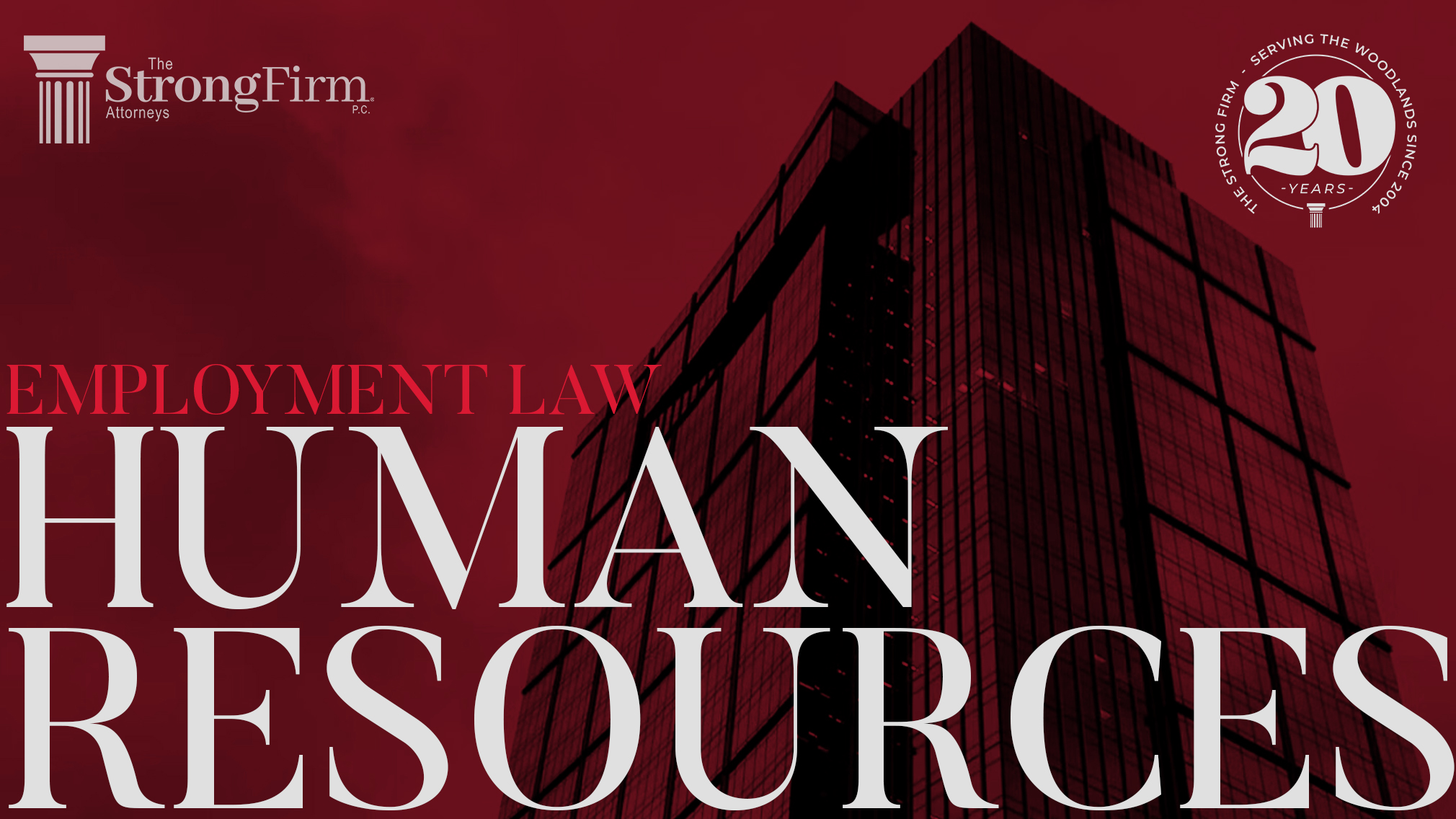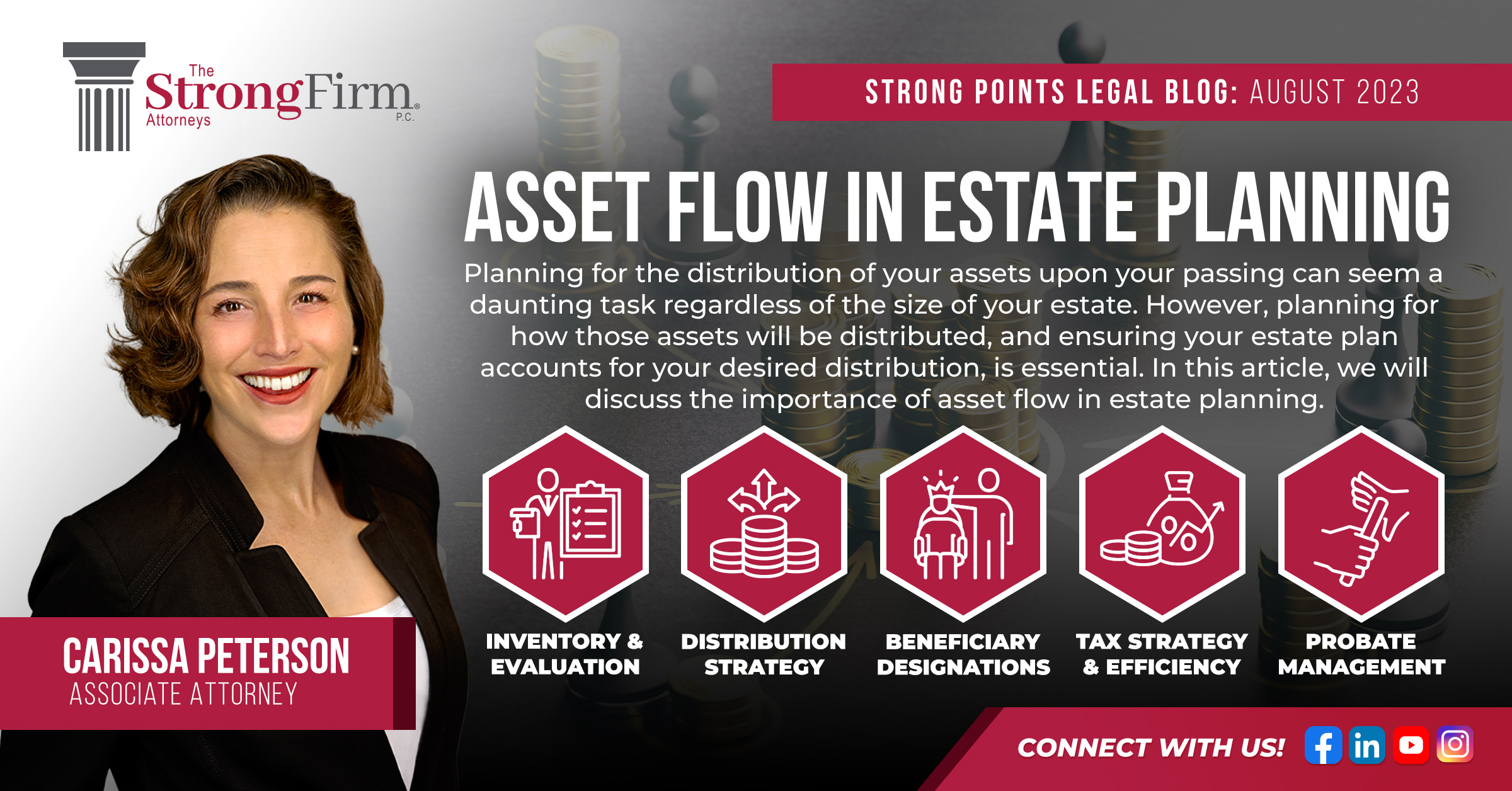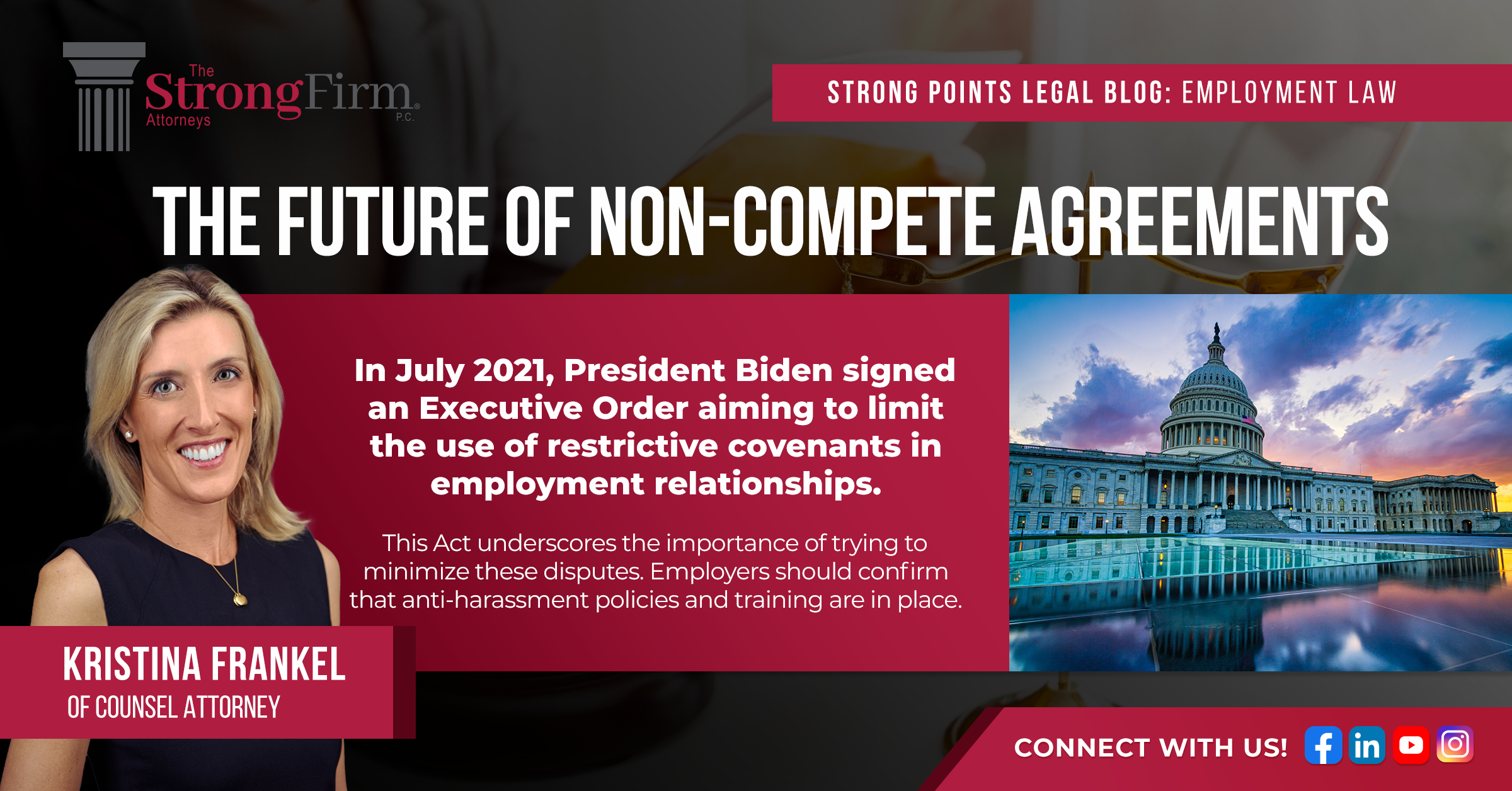We are currently experiencing a construction boom, both in the residential and commercial sectors. This article focuses on the influx of residential construction defect litigation in Texas and a brief step-by-step approach for homeowners to follow if they are considering going after their builder for a defectively constructed residence. First, it is important to note that a suit against a builder by a homeowner is not limited to the original homeowner. Subsequent purchasers have the right to sue the original builder so long as it has not been more than 10 years since the substantial completion of the original construction of the property. In order to determine whether you are within the 10 year statutory period, obtain a copy of the Certificate of Compliance filed by the builder when the property was completed. Assuming you are within the requisite 10-year period to bring suit, a homeowner must follow several crucial steps before filing suit against the builder. Failure of a homeowner to follow these steps may result in an abatement of the proceeding, or worse, the suit being dismissed by a judge in its entirety.
Before a homeowner can sue a builder over a construction defect, the homeowner must give the builder notice of the defect and a reasonable opportunity to cure as set forth in the Residential Construction Liability Act (RCLA) in the Texas Property Code. Below is a summary of the steps a homeowner is required to follow in order to comply with the RCLA:
Step 1: Send a notice letter to the Builder, preferably by certified mail and regular mail;
Step 2: Allow the Builder to conduct an inspection, if requested by the Builder.
Step 3: Receive a written offer to repair and/or repurchase property at fair market value from Builder;
Step 4: Respond to the Builder’s reasonable offer to repair and/or repurchase property;
In short, a homeowner must first provide the Builder with notice of the alleged defect, give the Builder a reasonable opportunity to fix the issue, and if the Builder fails to cure within the reasonable period, a homeowner may then move forward with filing a suit against the Builder for residential construction defects. For a more in-depth discussion of the requirements necessary to comply with the RCLA, please contact our office and we will be happy to discuss the process with you in more detail.
The Strong Firm P.C.
Phone: 281-367-1222
Fax: 281-210-1361




























